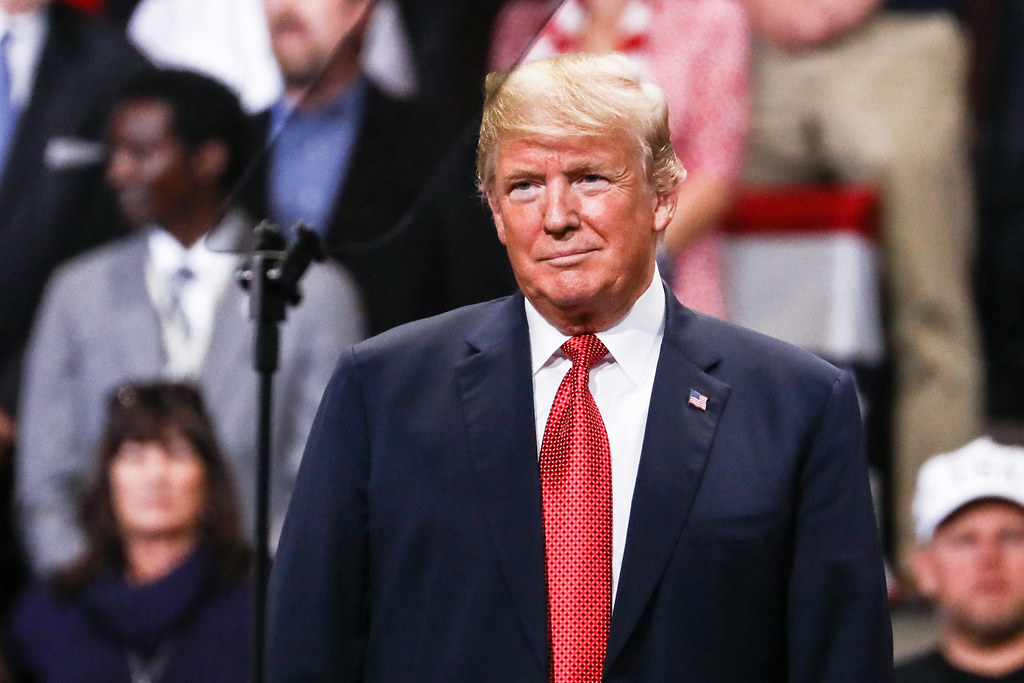
The U.S. government has officially endorsed former President Donald Trump’s assertion that his campaign was targeted by Iranian hackers. On Monday, a joint statement from the FBI, the Cybersecurity and Infrastructure Security Agency (CISA), and the Office of the Director of National Intelligence (ODNI) confirmed that Iran was behind attempts to breach the presidential campaigns of both major political parties during this election cycle.
The joint statement highlighted an increase in aggressive Iranian activities aimed at influencing the U.S. electoral process. “We have observed increasingly aggressive Iranian activity during this election cycle, specifically involving influence operations targeting the American public and cyber operations targeting Presidential campaigns,” the agencies stated. They further noted that the intelligence community (IC) has attributed recent attempts to compromise Trump’s campaign directly to Iran.
Methods and Intentions of the Hackers
The statement from the agencies elaborated on the methods used by Iranian hackers, including social engineering tactics designed to gain access to individuals with direct ties to the presidential campaigns. The goal of these activities, according to the IC, was to influence the U.S. election process through theft and subsequent disclosure of sensitive information. This type of interference is not new, with both Iran and Russia having employed similar tactics in previous U.S. election cycles and in other countries worldwide.
In a related development, Google alleged that the same Iranian hackers had targeted the Biden-Harris campaign earlier this year, although it remains unclear whether their efforts were successful. The campaign of Democratic nominee Kamala Harris previously stated that there were no indications of a successful breach.
The FBI continues to investigate these incidents, with the agencies stressing their commitment to protecting the integrity of U.S. elections from foreign interference. “As the lead for threat response, the FBI has been tracking this activity, has been in contact with the victims, and will continue to investigate and gather information in order to pursue and disrupt the threat actors responsible,” the statement read.
Iran’s Denial and U.S. Evidence
In response to the U.S. government’s claims, Iran’s U.N. mission in the U.S. issued a firm denial, labeling the allegations as unsubstantiated. The mission reiterated that the Islamic Republic of Iran has no intention or motive to interfere in the U.S. presidential election, challenging the U.S. to provide concrete evidence of its claims.
In early August, three major American news outlets—Politico, The New York Times, and The Washington Post—reported receiving documents that appeared to have been stolen from the Trump campaign. A spokesperson for Trump’s campaign suggested that these documents were part of an Iranian “hack-and-leak” operation designed to damage Trump’s election prospects. The FBI has since confirmed it is investigating hacking attempts against both major political parties.
Iran’s History of Election Interference
This is not the first time Iran has been accused of interfering in U.S. elections. The U.S. government previously blamed Iran for a significant influence operation ahead of the 2020 elections. In that instance, Iranian operatives allegedly sent harassing emails to Democratic voters in Florida, posing as members of the far-right group Proud Boys, in an attempt to intimidate voters and sow discord.
The confirmation of Iran’s involvement in hacking attempts against the Trump campaign underscores the persistent threat of foreign interference in U.S. elections. It also highlights the ongoing challenges that U.S. intelligence and security agencies face in safeguarding the electoral process against sophisticated cyber threats.
The U.S. government’s confirmation of Iranian hacking attempts targeting the Trump campaign adds a new layer of complexity to the already contentious 2024 election cycle. As investigations continue, the focus remains on ensuring the integrity of the election and preventing further foreign interference. The involvement of foreign actors like Iran in U.S. elections underscores the importance of vigilance and robust cybersecurity measures in protecting democratic processes.
Featured image credit: The Epoch Times via Flickr
Follow us for more breaking news on DMR
